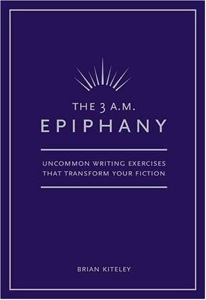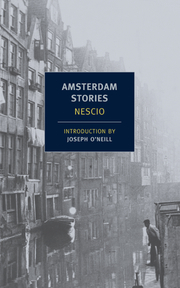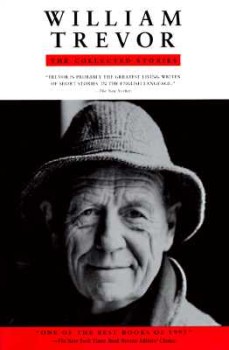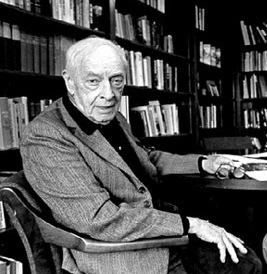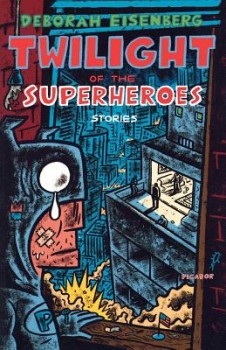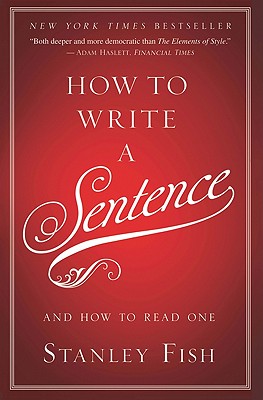The Third Son, by Julie Wu
Julie Wu’s debut novel, The Third Son (Algonquin), depicts the struggles of a Taiwanese boy, Saburo Tong, to escape his impoverished, cruel background and to establish a meaningful adult life for himself, a journey that takes him from poverty and oppression in Taiwan to the opportunity and relative freedom of 1950s America.



